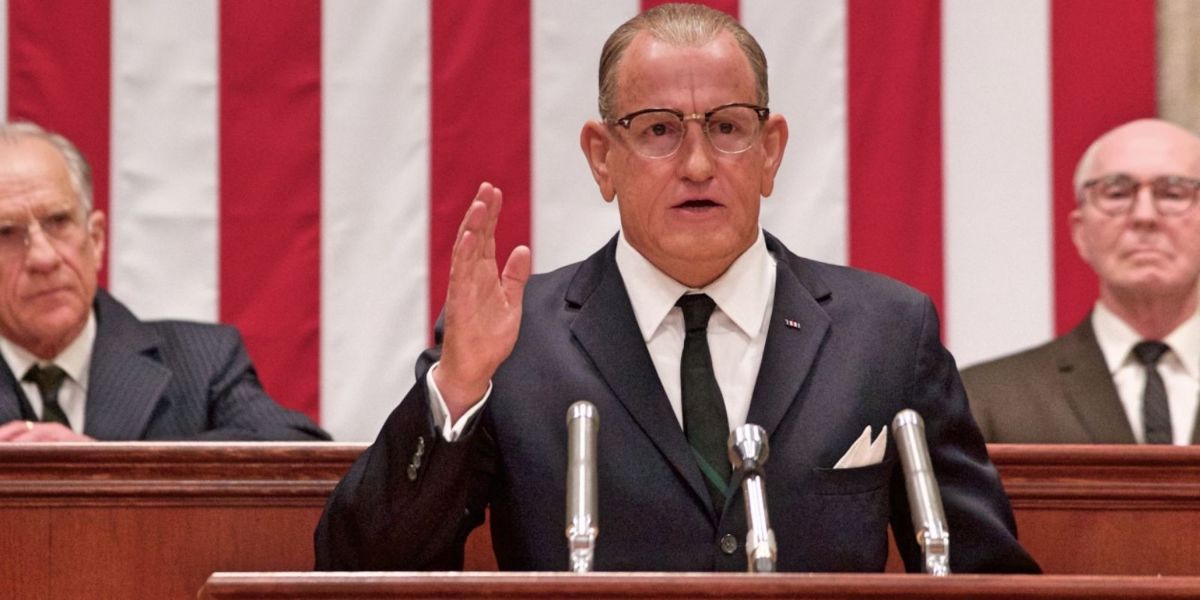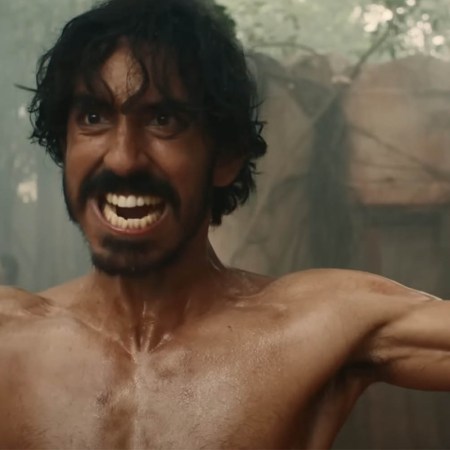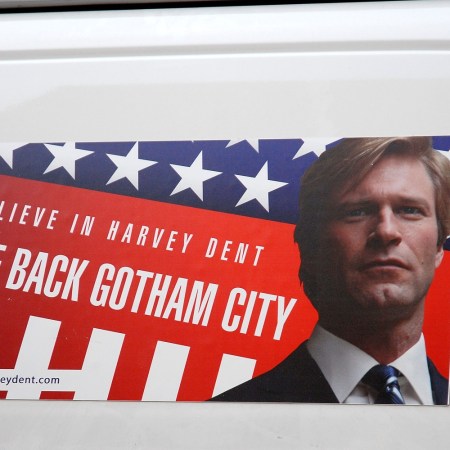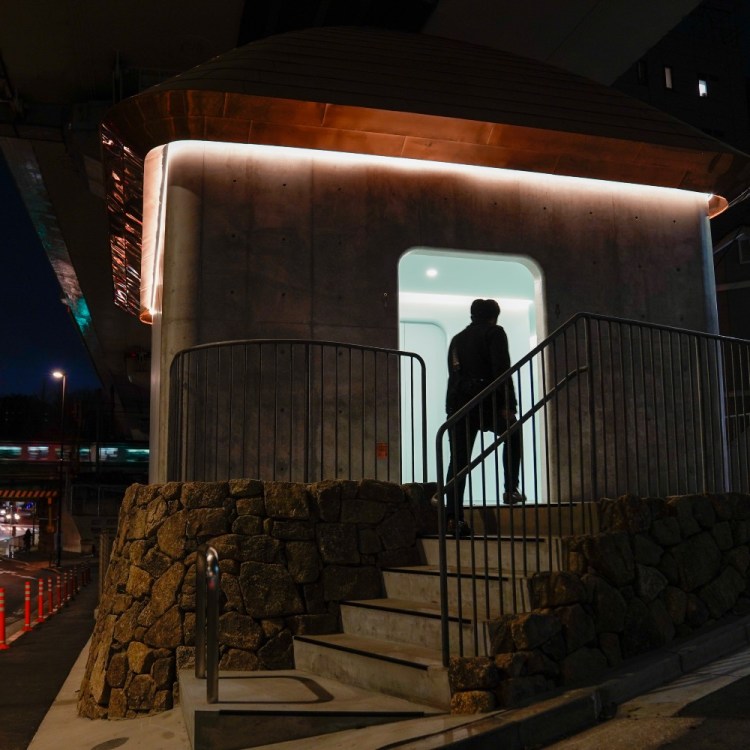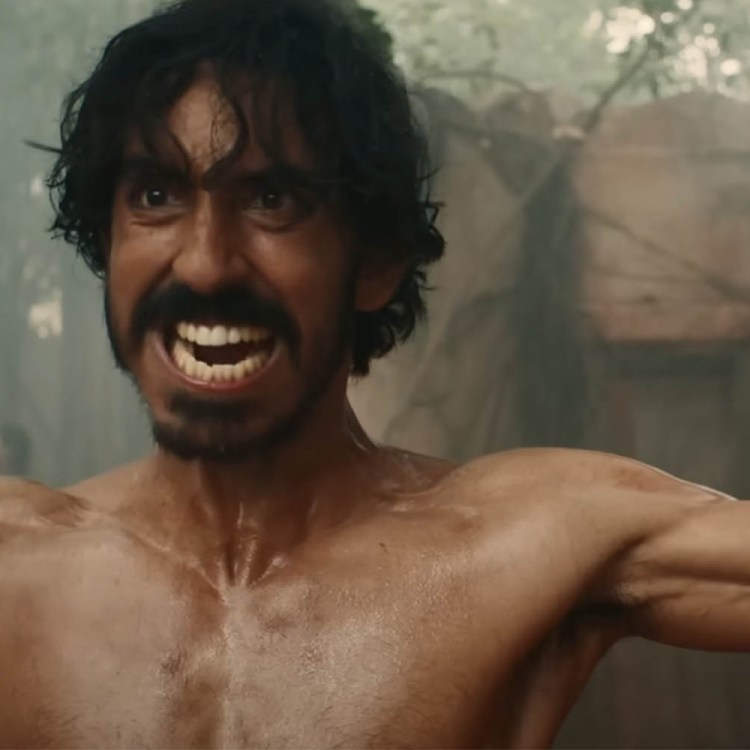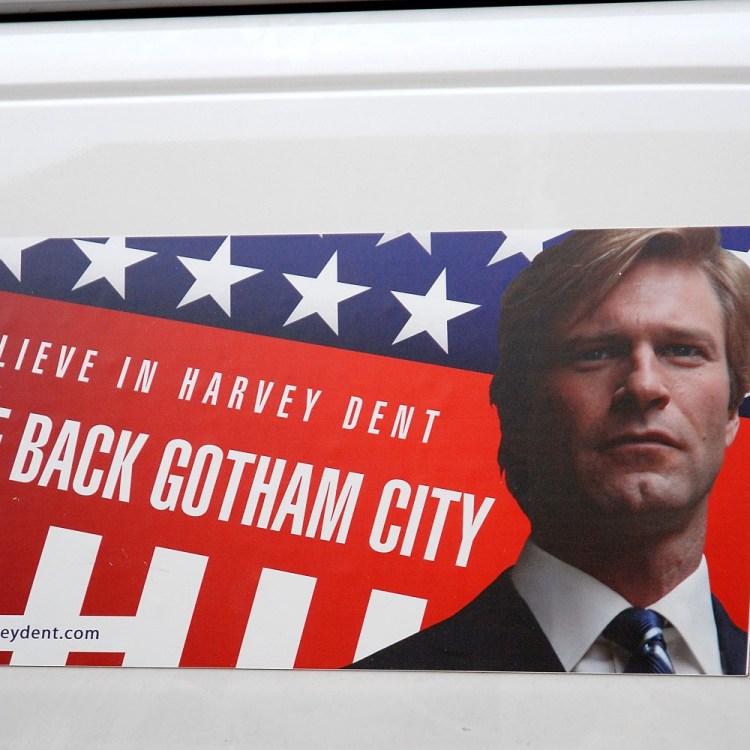Although The Academy nominated Woody Harrelson for his third Oscar last month, he won’t win Best Supporting Actor. You can bet on it. But, Jesus, what a year the 56-year-old actor from Midland, Texas — the murderer’s son who broke out as the cute-but-dumb guy on the sitcom Cheers — has had: Three Billboards Outside Ebbing, Missouri; War For the Planet of the Apes; The Glass Castle and LBJ.
In 2017, in Oscar bait and blockbusters, Harrelson sculpted lawmen and soldiers and presidents and broken fathers. Frightening and charming audiences around the globe, the truth-seeker journeyed toward the expected heart of darkness but always found the lightness, too, the humor and warmth. Even his bad guys have humanity, and his good guys struggle with their demons.
Let’s begin with his role as Police Chief Willoughby, the name that is shamed on one of the Three Billboards Outside Ebbing Missouri. When he arrives on the scene — caustically accused by Frances McDormand’s bereaved mother whose daughter’s rape-murder he’s yet to solve — he has the chalk outline of a belligerent man in uniform. But, from his first conversation opposite the brilliant McDormand, he peels back his rough skin to reveal a tough-but-fair man of the law with a compassionate heart. He sneaks up on the audience, behaving in unexpected ways, going quiet when we expect loudness, and hones this could-have-been stock small-town constable into someone both ordinary and sublime.
This is a nomination that didn’t need a campaign. While the award may go to his deserving co-star Sam Rockwell, the acting branch couldn’t overlook the way Harrelson, in the hands of writer-director Martin McDonagh, pieced together a cancer-stricken hombre in full, parsing out dollops of love on his way out of this life he’s crafted. It’s poignant without self-pity – and there’s no scene in which he is not connecting with his co-stars. His level of generosity staggers.
And then there’s his title role in Rob Reiner’s LBJ. Didn’t see it? You’re not alone.
It’s been 30 years since Reiner directed The Princess Bride – and the trim political biopic grossed a meager $2.5 M. But Harrelson deserves more attention – despite the initially distracting prosthetic Dumbo ears and T-Square jaw. By scene two, the star disappears into this fascinating portrait of an All-American Southern fixer with a roll-up-your-sleeves attitude toward political craft.
This LBJ is the anti-Trump – and Harrelson’s president is both a historical figure and a man of flesh-and-blood. Wily, brash, shrewd and also deeply insecure about his (un)lovability, he faces the charismatic JFK (sharply drawn by Jeffrey Donovan) and the audience registers the politician’s awareness that he can’t labor his way into the magic Kennedy inherited. Like the actor himself, Johnson is a man of craft and hard work – someone who wins but knows the bitter taste of loss.
Shoot me but I’d venture to say, in the playing of world leaders, Harrelson tops the bluster of Gary Oldman’s Winston Churchill in The Darkest Hour. Surrounded by historically-accurate dreariness and gloom, the British actor seems to cry: Look it’s Oldman in a fat suit playing an architect of the modern world! (He has this year’s Best Actor in a lockbox.) I prefer Harrelson.
Watching Harrelson’s interview with Collider’s Steve Weintraub, I gained some insight into the actor’s method in humanizing of the villainous Colonel in War for the Planet of the Apes. In that clip, Harrelson addressed making LBJ with Reiner and wanting to insert “prop stuff” — some business with a cup of coffee — into a scene. Reiner wisely nixed it. Harrelson then refers back to a crucial sequence in War for the Planet of the Apes in which he delivers a seven-page monolog while moving around the kitchen, lighting a camp stove, futzing with a knife, making coffee, eating a pear. He then explains that “as a lesson to myself, it’s not really necessary or even helpful to do that kind of thing.” What I glean from this is that Harrelson continues to evolve and improve, to try new things and shed what doesn’t work while aspiring to a more authentic realization of character.
The proof is in his portrayal of the Apes antagonist; his villainous Colonel is no mustache twirler, even if he has one scene where he demonstrates his authority while shaving his bald head with a straight razor in front of his obedient troops. There’s a definite echo of Robert Duvall in Apocalypse Now!, a Joseph Conrad figure exploring the heart of darkness. And yet, Harrelson pulls back from the razor’s edge, grounding himself in his physical solidity so that he can explore the breaches in his character’s emotional life. Harrelson paints the greys and shadows, all the while apparently aware of his purpose as the foil for Andy Serkis’s heroic ape Caesar. Harrelson could tear a page from Anthony Hopkins’s playbook and star in his own movie – but it doesn’t serve the whole to overplay the part.
Surprisingly, his drama that opened last August with the most Oscar buzz was the literary adaptation of Jeanette Walls’s scorching memoir The Glass Castle starring Brie Larson as the author. While Destin Daniel Cretton’s well-intentioned family saga struggled to find its tone as it moved back-and-forth in time, Harrelson didn’t hit a false note as Walls’s charismatic and toxic father. If that literary adaptation had scored with critics and audiences (and been better directed) then Harrelson’s heartbreaking portrait of a giant of a man humbled by mental illness, drink, and a bitter family legacy could have been a contender. To me, it stands beside Viggo Mortensen’s Oscar-nominated unconventional patriarch in Captain Fantastic, a performance at once athletic, vanity-free and seeking authenticity in a world that so often rewards artifice.
While we justly fight for equal representation on screen and behind the camera, let’s not overlook artists who, like Harrelson, split themselves open for their art and stitch themselves back together in one part after the next, exploring what it is to be righteous or f-cked up, demon or demi-god, which is to say, human.
This article was featured in the InsideHook newsletter. Sign up now.
